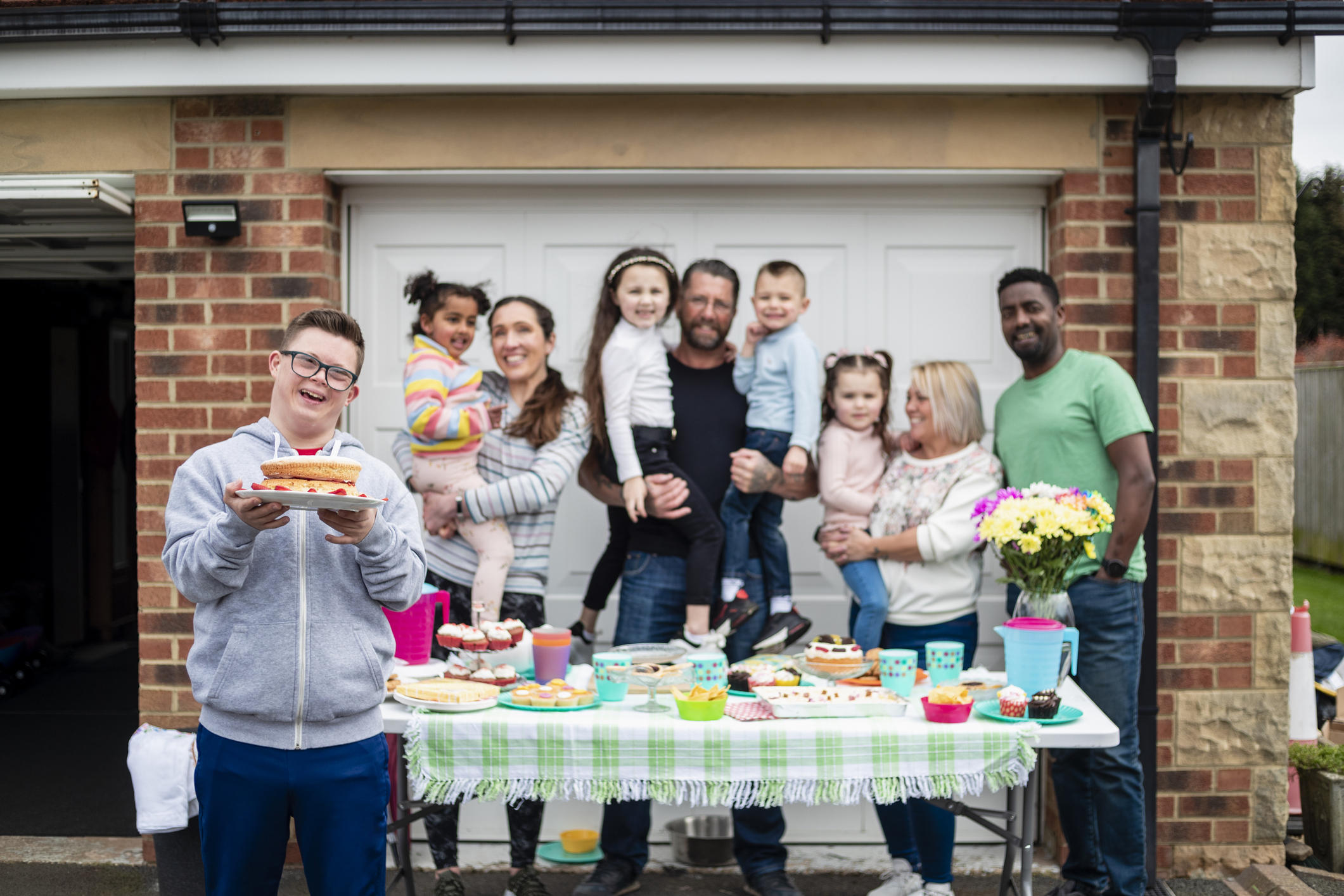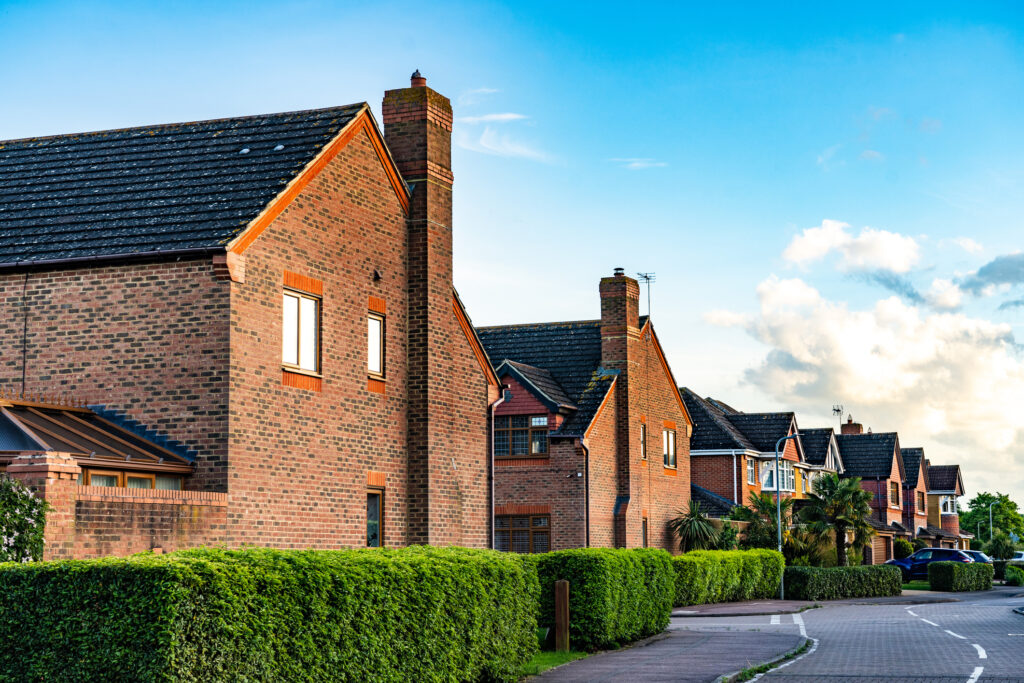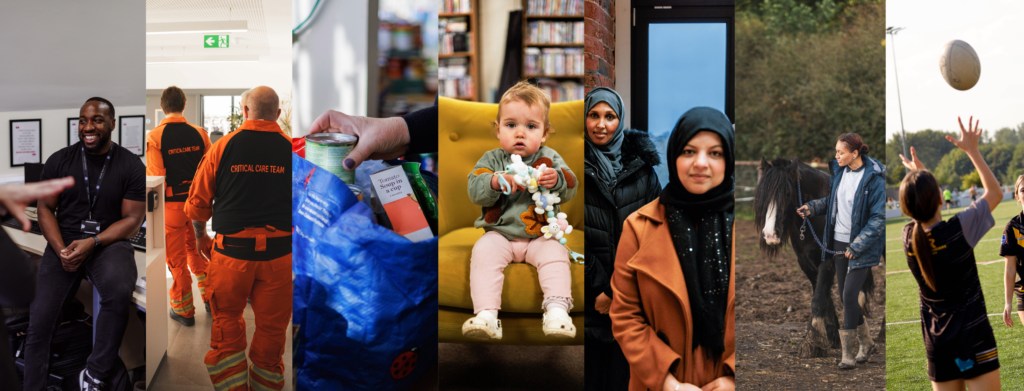
Buying a community centre with a charity loan
“Our bank wouldn’t even give us a quote!” With 7 title deeds and an overage agreement to contend with, buying Hill Street Community Centre was anything but straightforward. But, as Stephen Richards, Chair of Trustees, explains, Charity Bank was happy to help.
Why did you decide to buy the community centre rather than carry on renting it?
We took the centre over from the council in 2012 and have spent around £200,000 on improving the building and its facilities. It was under-used when we took it on, but we’ve built up visitor and user numbers considerably and demand is ever-increasing – the centre is now pretty much booked out every day and evening. It’s no longer big enough or suitable for everything we want to do, so we need to create a separate dedicated youth hub on our available land.
Plus, there was always the risk that the council would decide to sell the property when our lease ended. The centre’s services needed to be to be maintained and expanded for the community. So the only way forward was to purchase the building and land.
We spent three years in negotiations with the council, which was very frustrating, but we got a good deal which was acceptable to both parties, particularly as we were paying a peppercorn rent.
We completed in January 2022 and are now, with the help of several funders, spending £600,000 to build our independent youth hub.
Did it feel like a big step to buy the centre when your rental costs were so low?
We were paying nothing at all in rent but there was no guarantee this would be maintained beyond the term of the lease. So yes, there is a cost involved in buying the property, but we got a great fixed rate deal from Charity Bank, which gives us the security of knowing exactly what we have to pay each month. Also any investment in the building would be for the benefit of the charity rather than the landlord.
And are your loan repayments lower than the rent would be on a similar property?
We would be paying a lot more on market rent for a property this size. The property has been valued at £430,000, but we bought it for £135,000 and our loan is £125,000 The loan repayments are a lot lower than we’d be paying to rent a £430,000 property.
Why did you choose Charity Bank for your loan?
There are two or three banks for charities, so we looked into each one.
The case studies on the website showed they were focused on charities and community.
Charity Bank are on our side; they’re here to support organisations that help the community. It feels like we’re working in partnership with somebody, rather than being a customer of a bank that just wants to get as much money out of us as possible.
Did you get quotes from other loan providers?
Our bank wouldn’t even give us a quote! I did try talking to them, but it was really hard work. They weren’t interested because it wasn’t a ‘normal’ purchase. High street banks aren’t that interested in charitable organisations. They say, “Oh, yes, we’ll get back to you,” but they don’t. Whereas our Charity Bank contact, Danny, has been fantastic. Nobody else could really compete with Charity Bank’s level of service, and their rates were good, so I didn’t bother to look anywhere else.
Why wasn’t it a normal property purchase?
The property is made up of seven parcels of land, which makes things very, very complicated. We couldn’t get the property amalgamated into one title deed before buying it and Land Registry is taking a long time to sort things out. There’s also an overage deed, which means that the council have still got an interest in the land and will get a percentage of the proceeds if we sell it.
Finding out that there were seven title deeds came as a huge shock. I think most commercial banks would have said, “We’re not doing this – we want one title for one asset.” Whereas with Danny, it was a case of, “Okay, you have seven title deeds, we can cope with that. There’s an overage agreement, that’s no problem. Don’t worry, we’ll sort it.”
How has Danny helped you through the loan process?
The personal service from Danny is rare in today’s financial world. He just gets on with the job and sorts it all out. He took care of everything and always responded very quickly. And he even came up with ideas to help us with funding. That’s what we wanted – somebody who’d be proactive in helping us. I can’t fault him.
With commercial banks, you deal with so many different people. Every time, you have to go through the same story. With Danny, he knew us and knew how to help.
Will owning the property help to strengthen your organisation?
Absolutely, because it gives us a very strong balance sheet. By the time we spend the £600,000 on a new youth hub it’ll be a very valuable asset indeed, especially as we’re expecting to get £550,000 agreed funding and we are prepared to invest £50,000 from our reserves to build for the future.
Was the loan process harder or easier than you expected?
It was more straightforward than I thought it would be, bearing in mind the complexity of the land with its seven titles. Even the documents for Charity Bank’s lawyers were channelled through Danny; we just provided answers to questions.
Dealing with the vendor’s lawyers, on the other hand, was a nightmare. Communication between the County Council, their lawyers and to ourselves was very protracted Our trustees try to be efficient and get things done quickly. And ‘quickly’ doesn’t apply to lawyers! I wish everybody could work to the same standards as Charity Bank.
You mentioned grants. Who have you approached for funding?
We’ve been very fortunate since we started. The Big Lottery Fund has given us money towards salaries for the last few years. BBC Children in Need funded our youth services for three years. The Police and Crime Commissioner gave us money because we’re working with people who are on the edge of criminality. And we’ve had grants and donations from other organisations too.
Has buying the property opened up more funding streams?
Yes, some organisations won’t give you a grant unless you own the building. One funder has given us £250,000 towards the new hub. And they said, “If you don’t own it, we’re not giving you the money.” So, Charity Bank really have been a tremendous help to us.
About Charity Bank
Charity Bank is the loans and savings bank owned by and committed to supporting the social sector. Since 2002, we have used our savers’ money to make more than 1400 loans totalling over £605m to housing, education, social care, community and other social purpose organisations.
Nothing in this article constitutes an invitation to engage in investment activity nor is it advice or a recommendation and professional advice should be taken before any course of action is pursued.


